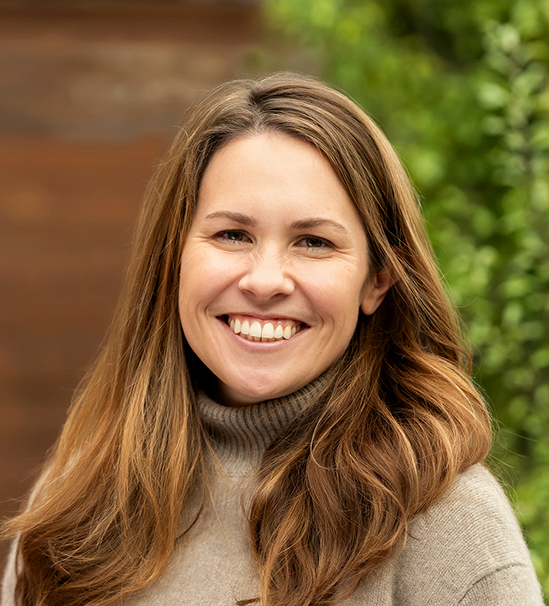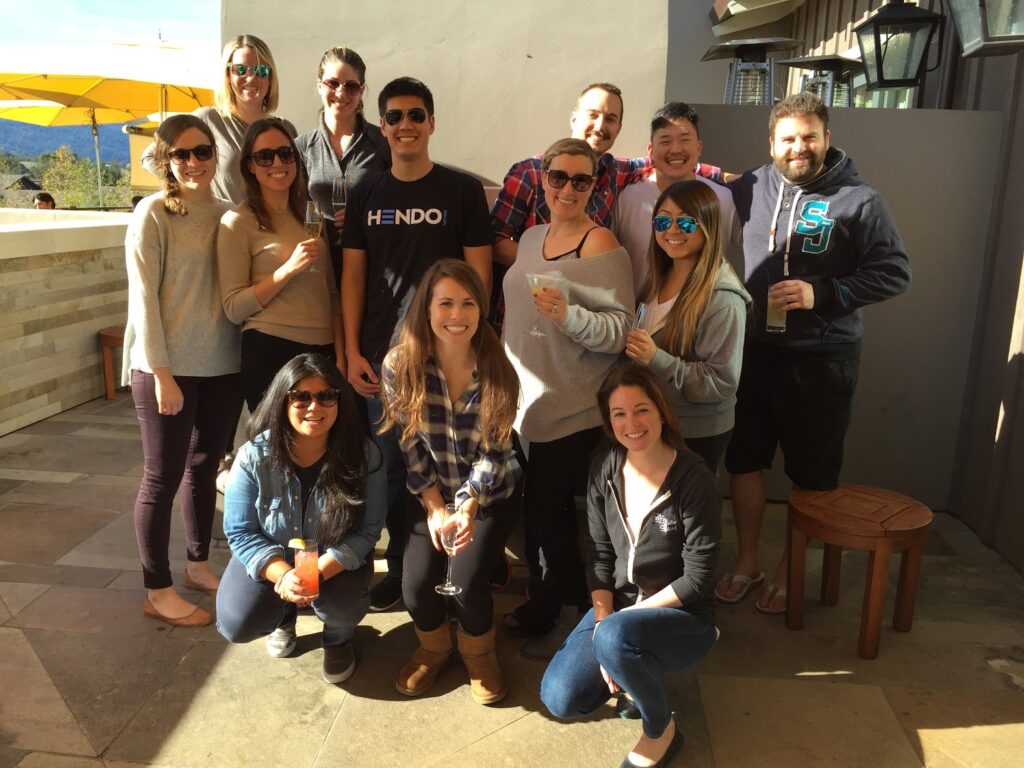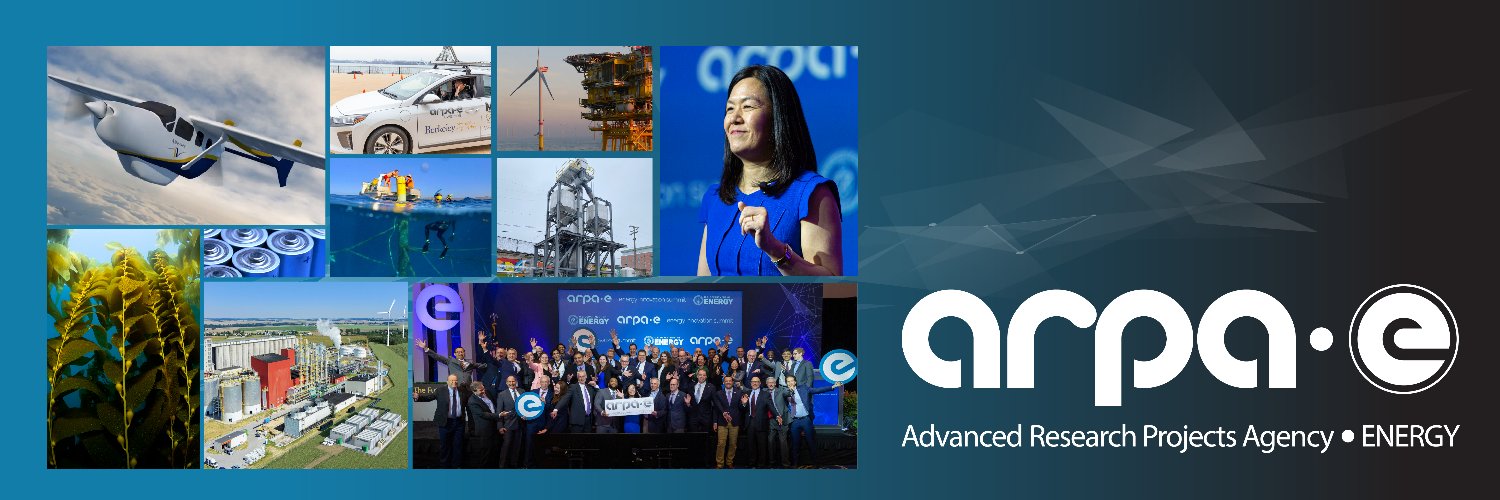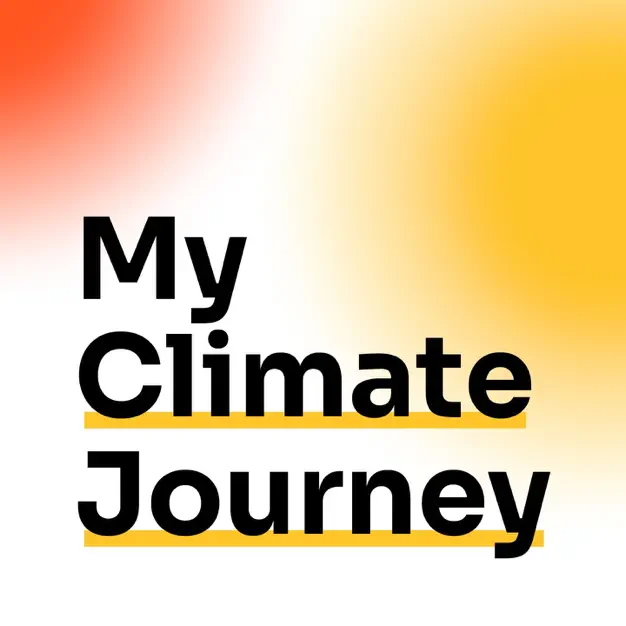
Research & Venture Scouting
Lindsay
Walker
Lindsay combines a passion for learning with deep expertise in specialized technical talent and academic partnerships. She founded and led Meta's Ph.D. recruiting team and was instrumental in bringing in top Ph.D.s as well as specialists in infrastructure, product and software.
At Gigascale Capital, Lindsay is building the academia-to-climate solutions pipeline by helping Ph.D.s commercialize their research. Lindsay has a BA in history from University of Redlands and did graduate work in ethnology at the University of Vienna.
closeInspiring Ph.D.s to Become Climate Tech Entrepreneurs
Lindsay discusses the growing trend of researchers focusing on climate solutions and her thoughts on bridging the gap between academia and entrepreneurship, in a conversation with Kristen, Gigascale’s Head of Communications.
Tell me about your career and what you’re working on at Gigascale.
The short answer is that I’m here because I figured if Mike is tackling climate change, it will get tackled, and the people doing it with him will be incredible. They will make something happen, and maybe I can help them be more successful. More generally, I’m attracted to people who work on tough problems. There’s an open-mindedness and humility when you’re working on messy and unsolved things.
A growing number of people, from academia and beyond, want to dedicate their lives to this work. It reminds me of the early days of AI in many ways. There’s a ton to learn. Things are experimental. New people are filtering in from different backgrounds and industries. And people want to solve problems together. I feel fortunate to find that magic twice in my career.
What’s the landscape for Ph.D.s who want to work on climate solutions?
Generally, people in academia are commenting on how fragmented everything in climate is. Even in universities with well-established programs, there isn’t always a center of gravity which makes it hard to navigate things internally and externally. Many people I talk to are thinking through how to streamline and trying to learn from one another.
On the entrepreneurial side, unless you’re at certain schools like Stanford or MIT, it’s only sometimes clear that there’s a path for you in the startup world. It can be pretty intimidating, and it takes a rare person to figure out how to commercialize their tech without that being in the water at their school. Instead, they’ll think the only option is to license the tech and work for Shell or something. That’s what we’re trying to disrupt at Gigascale. We want to show there’s a different path.
An encouraging thing that I’m seeing in universities is that increasingly at least one person has the job or personal mission to support and facilitate climate entrepreneurship. These people are creating connections across departments, between engineering and MBA programs, are in tune with the research landscape, know which startups are seeking funding, and have a pulse on the cool projects ready to spin out. Their ability to build strong relationships internally and externally, be great facilitators, and passion is incredible and they’re making a big difference.
Why do we need a better pipeline from academia to climate startups?
At the highest level, it’s important because their problem-solving approach is sorely needed. They welcome the unsolved and complex. It’s where they’re most comfortable. They can take big, fuzzy-in-the-cloud ideas and break them into parts that can be solved methodically. The good ones are really good at talking about it because they have to write papers and present at conferences.
To build a stronger pipeline, we need to expose more students to the startup ecosystem and make it known that building climate solutions is a career path. All it can take is one program to shift a student’s perspective on what’s possible or the story of another Ph.D. who switched to industry or became a founder.
I’m seeing a shift in pockets. Sometimes, a single professor decides to refocus all of their work on climate. Then, suddenly, everyone comes to them wanting to be part of the research. Those hand-raisers are really important to kickstart things.
More universities are trying to learn from what’s working at places like Stanford and MIT, where there are robust ecosystems. They want to model courses on venture capital, bring in more networking opportunities, and add climate entrepreneurship courses. I’m excited to see more courses modeled after MIT Climate and Energy Ventures, which is in a class of its own.
So, things are happening and there are a lot of exciting sparks, but we need to learn from each other faster. That’s why I’m excited that our team at Gigascale is spending time on campus doing things like founder office hours, judging pitch competitions, meeting with faculty, hosting fireside chats and also bringing in summer fellows to gain firsthand experience. This cross-pollination is important.

Now that you’re working in climate tech, what feels different from your previous roles?
What surprised me is how receptive everyone is to new ways of doing things. There’s a genuine desire from people to learn from each other. People aren’t cagey or territorial. The people I talk to want the pie bigger. Everyone wants to solve this problem. They’re generous with connecting you to everyone they know. There’s a spirit that if you invest in their startup and not mine, that’s great. If you invest in mine, too, that’s great. People want to see this area succeed.
Before, I only felt like the options were to feel guilty or helpless about climate change. And I toggled between those two things. Like, shoot, I didn’t recycle that properly. I’m a terrible person. Being in this space, now I see how much more empowering it is to do the work every day. Of course, there are times you get discouraged. But more and more, I’m seeing that people are tired of feeling guilty and asking themselves instead – what will you do about it?
One last question. What do you think the world will hopefully look like in a decade?
It’s less of a weird thing to start talking about climate in any conversation. To me that’s a signal that solutions are becoming a regular part of our lives and it isn’t such a big personal statement to buy the more expensive green thing. There’s no lifestyle to adopt, it’s just that the clean options are the obvious and most appealing thing that people want.
Lindsay’s Go To Resources
I tend to read sources things focused on the earliest stages of tech commercialization, like ARPA-E’s LinkedIn page or university tech transfer office newsletters. Otherwise, the My Climate Journey podcast is a must listen.


